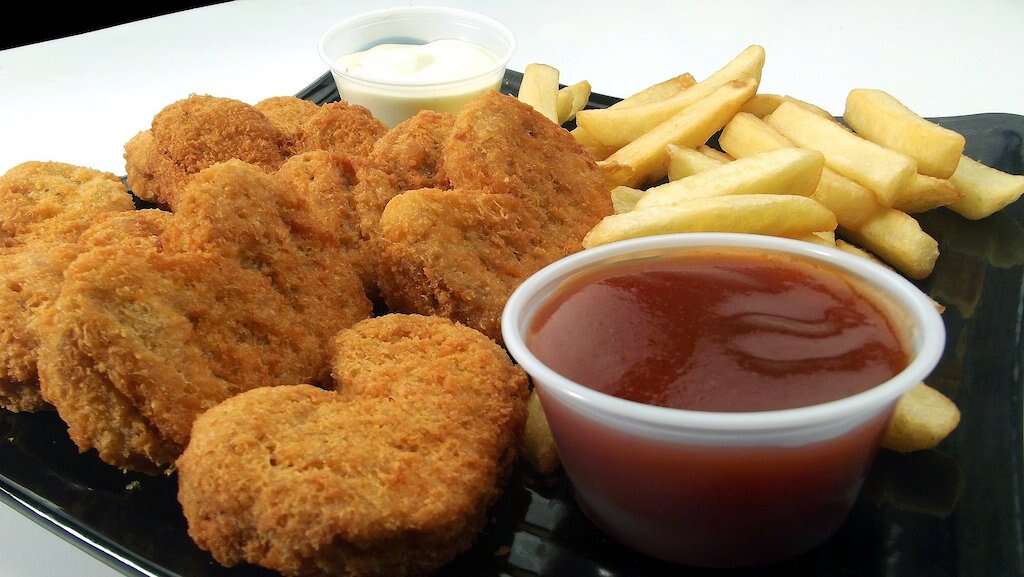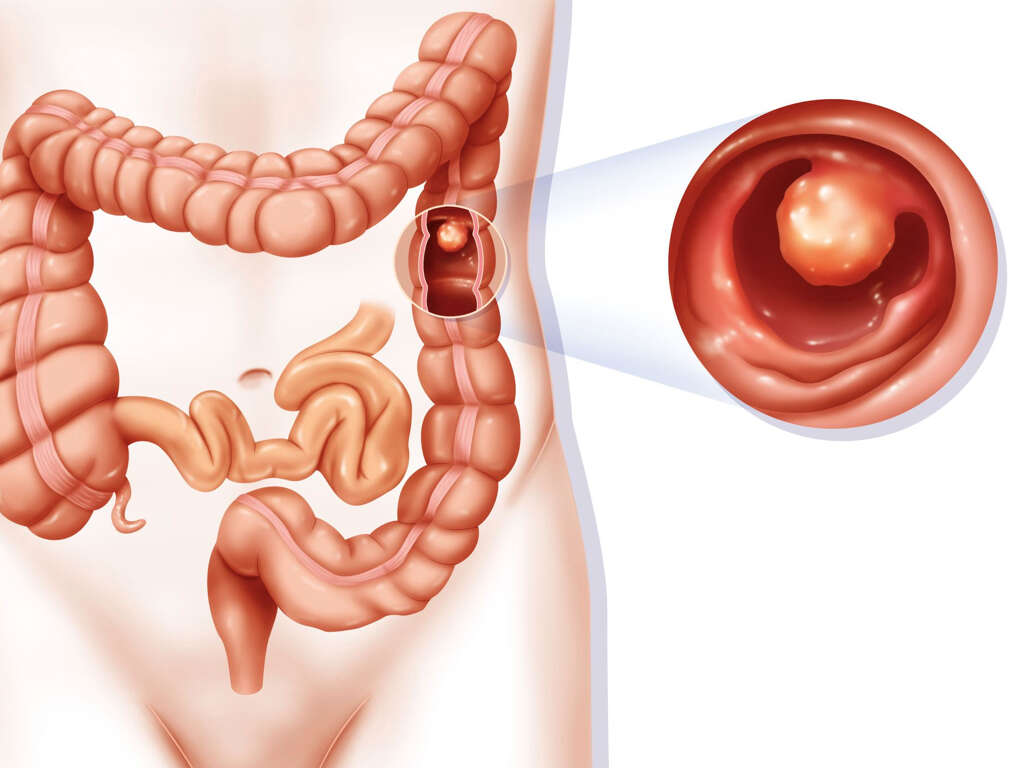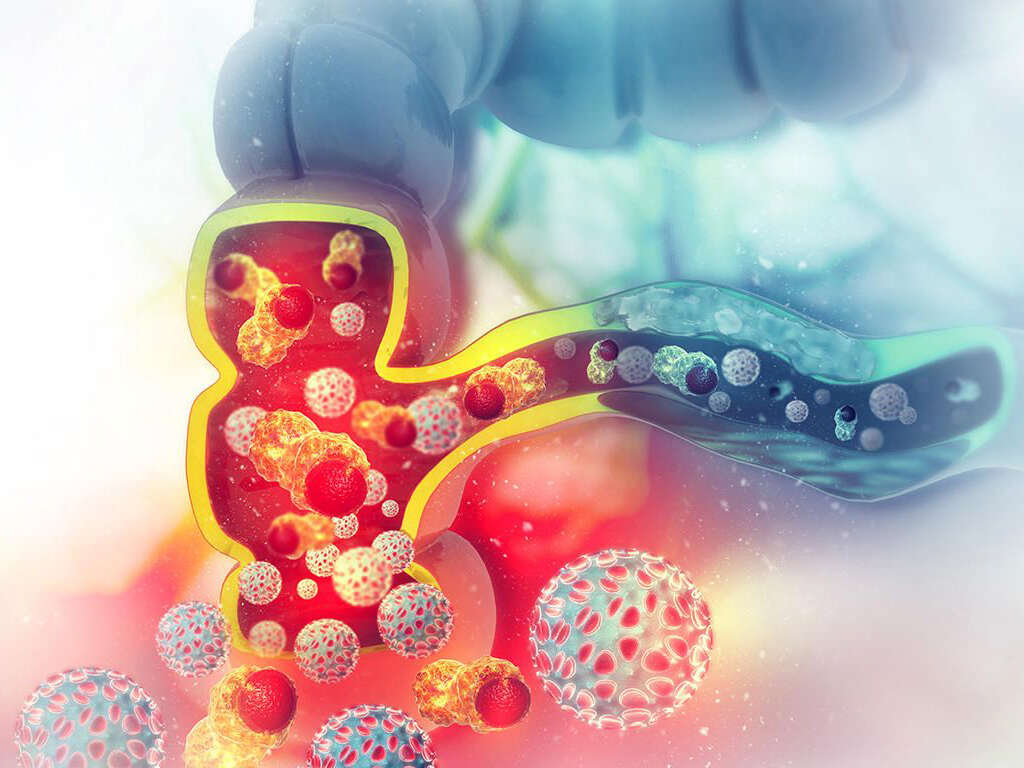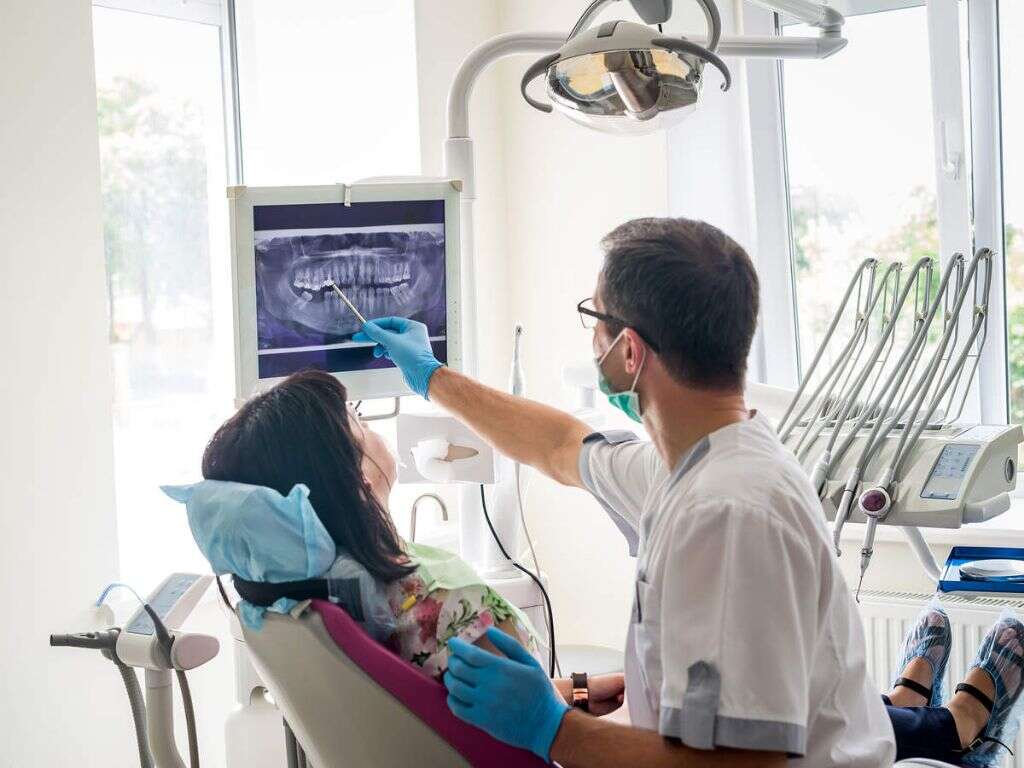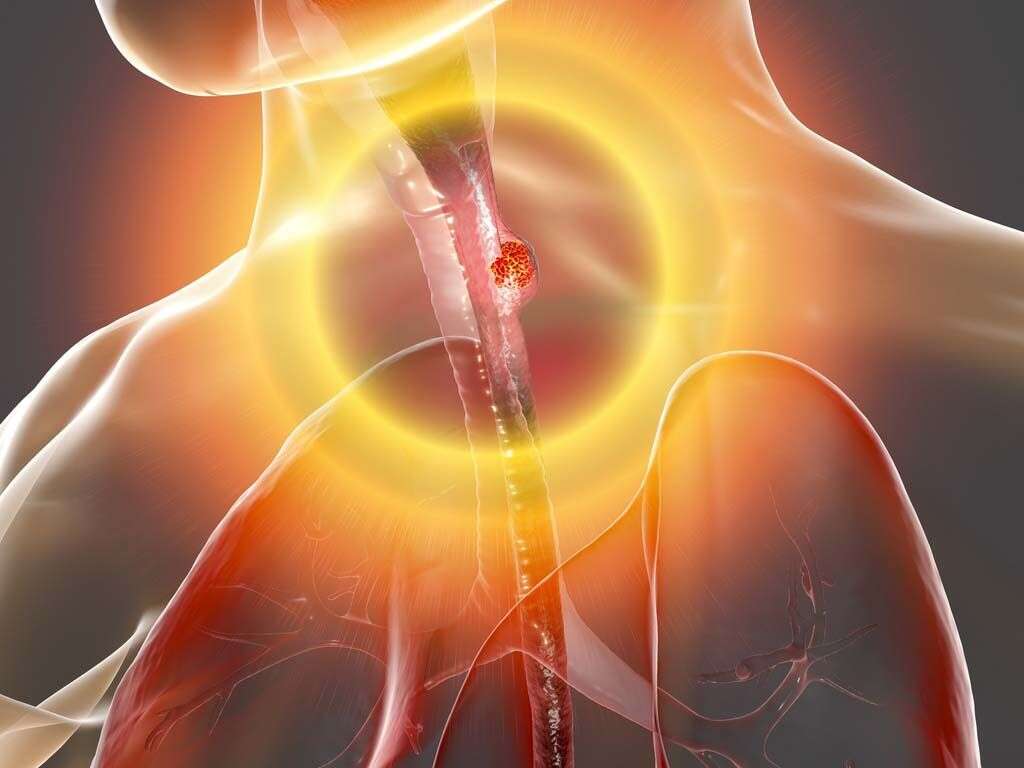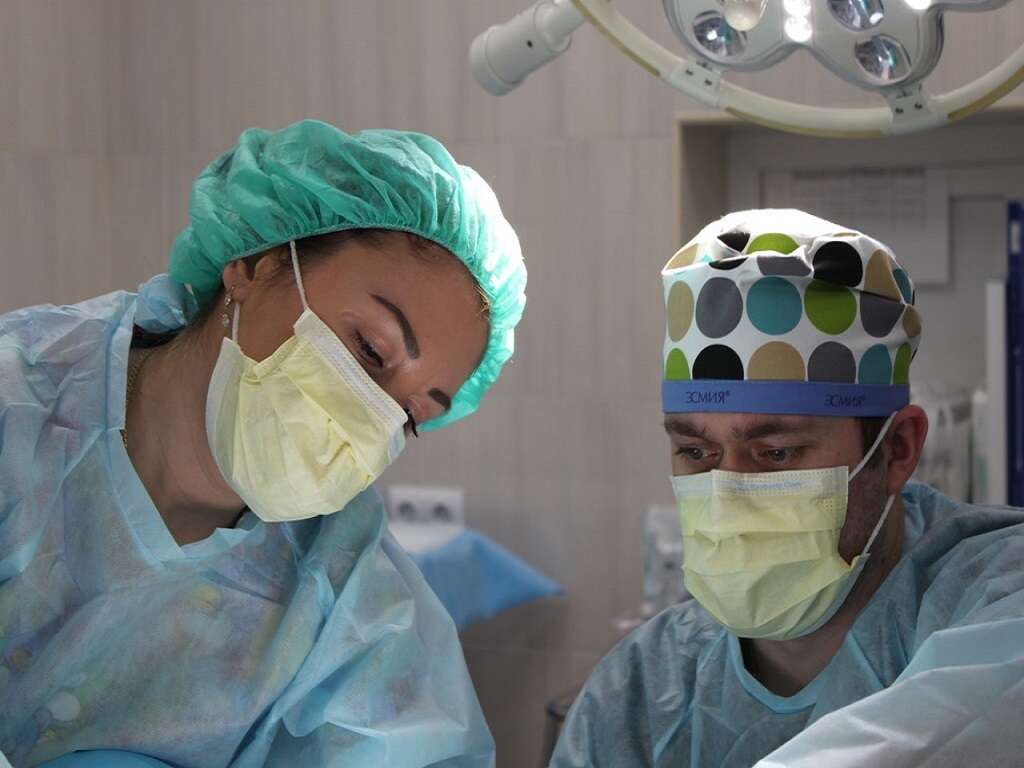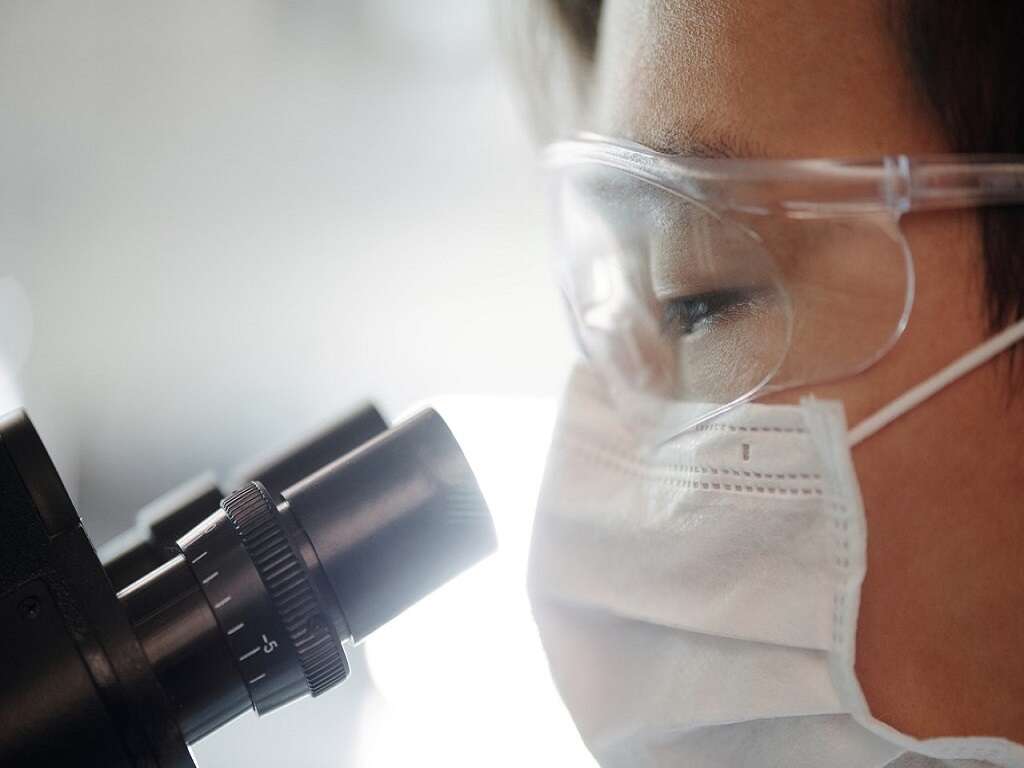10 Rectal Cancer Symptoms
As our food is processed, it is slowly passed through to the end of the digestive system. When ready, it will be passed out of the body through the rectum, which is the final passageway in the digestive system. This passageway is kept closed by a ring of muscles called a sphincter.
As with so many other parts of the body, the rectum can develop cancer. The good news is that the survival rates of rectal cancer are high, although this relies on the cancer being diagnosed in the early stages.
As such, it is a good idea to know what signs to look out for, and some of these are listed below.
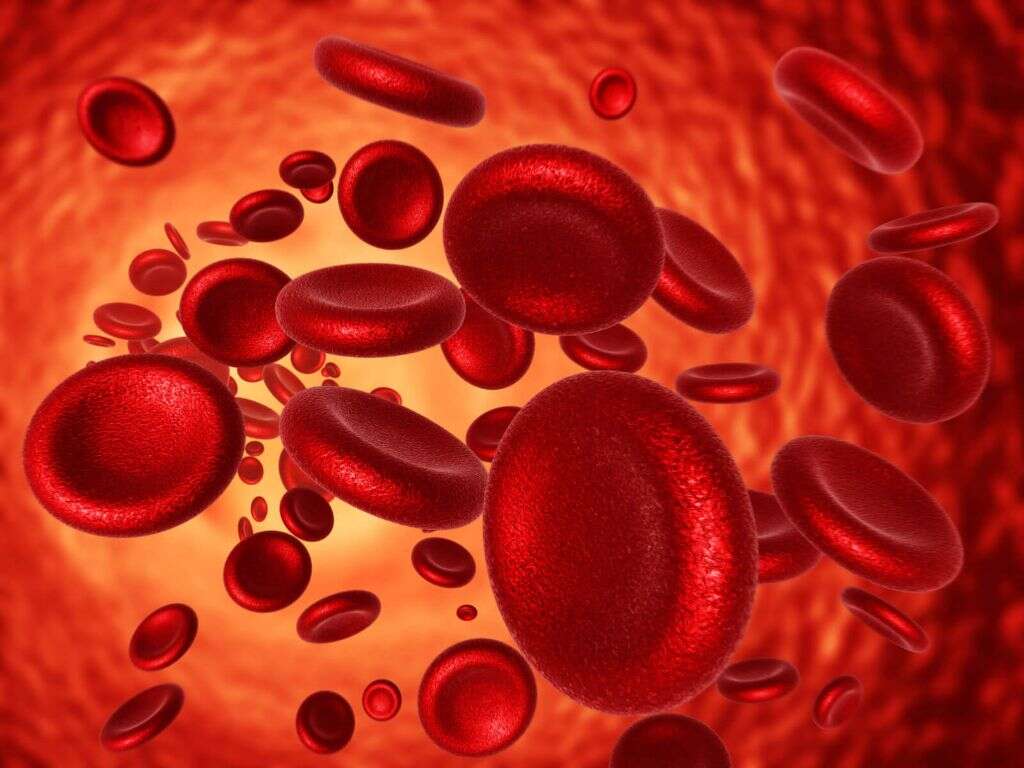
Symptom #1: Fatigue
Fatigue is a common symptom of most types of cancer. It is not just a matter of getting rest to make yourself feel refreshed again. Patients are likely to feel fatigued regardless of rest and they can feel tired all of the time. It should only be expected as, after all, cancer can have a significant impact on the body.
Fighting rectal cancer is going to be hard work. It can also cause blood loss, potentially leading to anemia, while patients are also likely to lose their appetite. Fatigue can also be caused by medications such as chemotherapy, while stress can also take its toll.
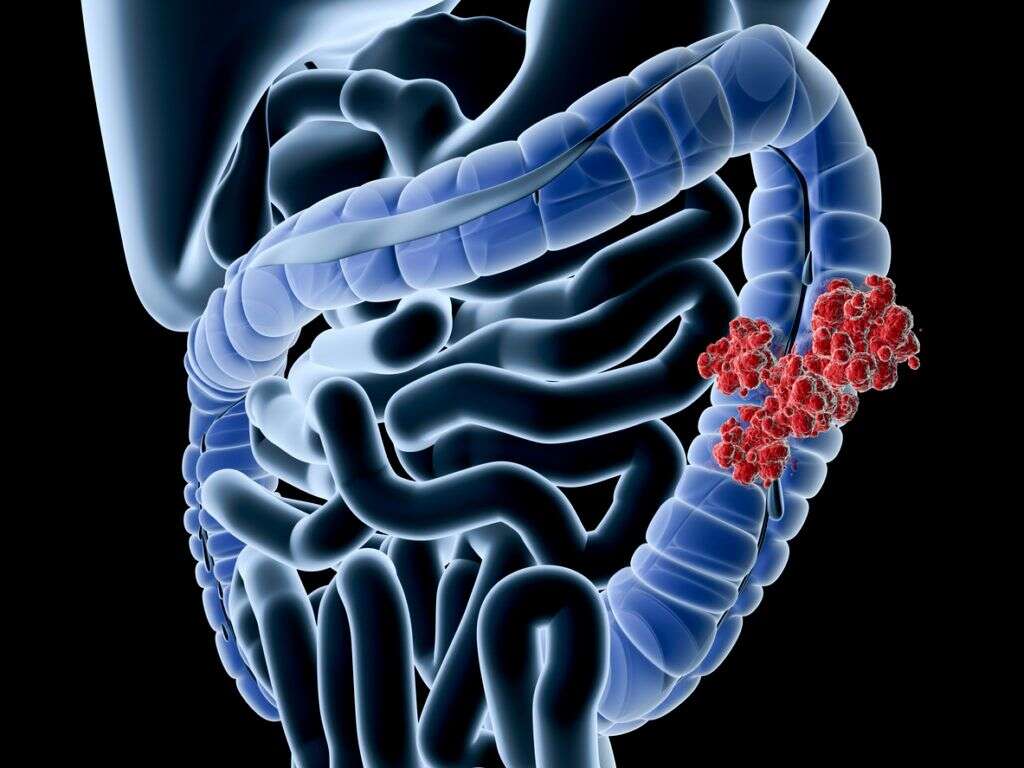
Symptom #2: Diarrhea
We get all the liquids that we need from the food that we eat and the drinks that we consume. Once in our digestive system, we will begin to absorb the water and everything else we need from our food into our blood. This takes some time, though, so our food will pass through the system slowly to give the digestive system time to do its work.
Rectal cancer, however, can cause our food to pass through faster than usual. When this happens, the body has not had sufficient time to absorb enough water. This can lead to dehydration, and it also leads to the loose, watery stools for which the condition is so well known.

Symptom #3: Constipation
While our food can pass through the digestive system too quickly, it can also pass through too slowly. While that does help ensure that sufficient water and nutrients are absorbed, the condition creates problems of its own. It is also a problem that patients with rectal cancer can develop.
Because the stools have been in the system for longer than usual, then more water has been absorbed from them. This makes the stools harder and dryer, and this makes them harder to pass. Not only can constipation be painful, but it can also cause the system to become blocked and this can result in other problems.
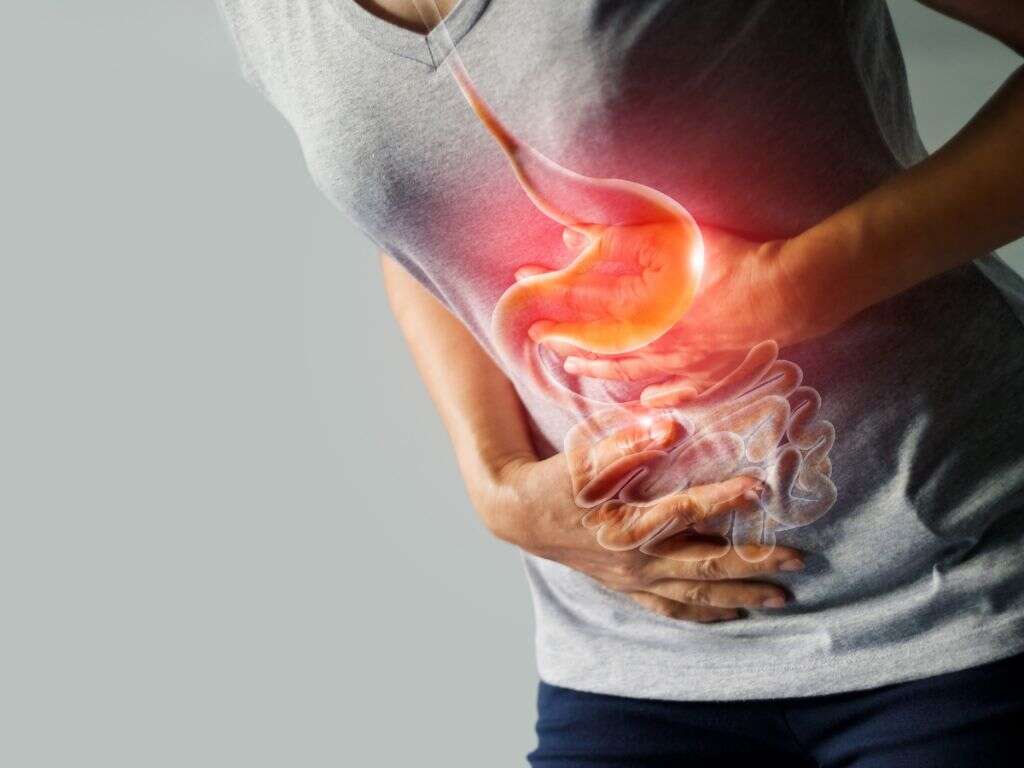
Symptom #4: Blood in Stools
We don’t absorb everything from the food that we eat. Some of it cannot be broken down and some of it is just no good to us. As such, we take what we can and what we need, while the rest is discarded. This discarded material is passed through the system and out through the rectum. We call this material feces.
Feces contains various components and also have a very distinctive odor. A healthy stool will be brown in color, although you may sometimes notice something else that should not be there. If you notice what appears to be blood in your stools, then you should arrange to get it checked out as soon as you can.

Symptom #5: No Sensation of Bowel Relief
Our bowels will gradually fill up with feces until they can hold no more. Depending on how long we hold on for, it can actually become quite uncomfortable and potentially very embarrassing if you don’t make it to the bathroom in time. When we do finally make it to the bathroom, however, we can finally feel relieved.
Patient’s with rectal cancer, however, can find that they do not feel relieved even after defecating. This can make it difficult for them to relax as they can always feel as though they need to use the bathroom. If you do begin to experience this symptom then you should arrange to find out why.

Symptom #6: Thinner Stools
When not in use, our anus is closed by a type of muscle known as a sphincter. This closes tight to prevent anything from falling out, but it will relax somewhat when it comes time to allow feces to pass out. The stool is then passed through this passage and the shape of the sphincter will help shape the feces.
When there is a rectal cancer present, however, the passage behind the sphincter will be narrower than usual. The feces will be forced through this narrower than usual passage, and this will cause the feces themselves to be thinner than usual.

Symptom #7: Weight Loss
While weight loss might sound like a great idea to a lot of people, it is often not nearly as beneficial as it might sound. Some diseases, including rectal cancer, can lead to weight loss and the rate of loss can be far quicker than is good for us.
Unintended weight loss is associated with many types of cancer and it is something that should always be looked into, especially if it happens in a short period (less than 6 months) or if it is too drastic of a change (more than 10 kilograms).
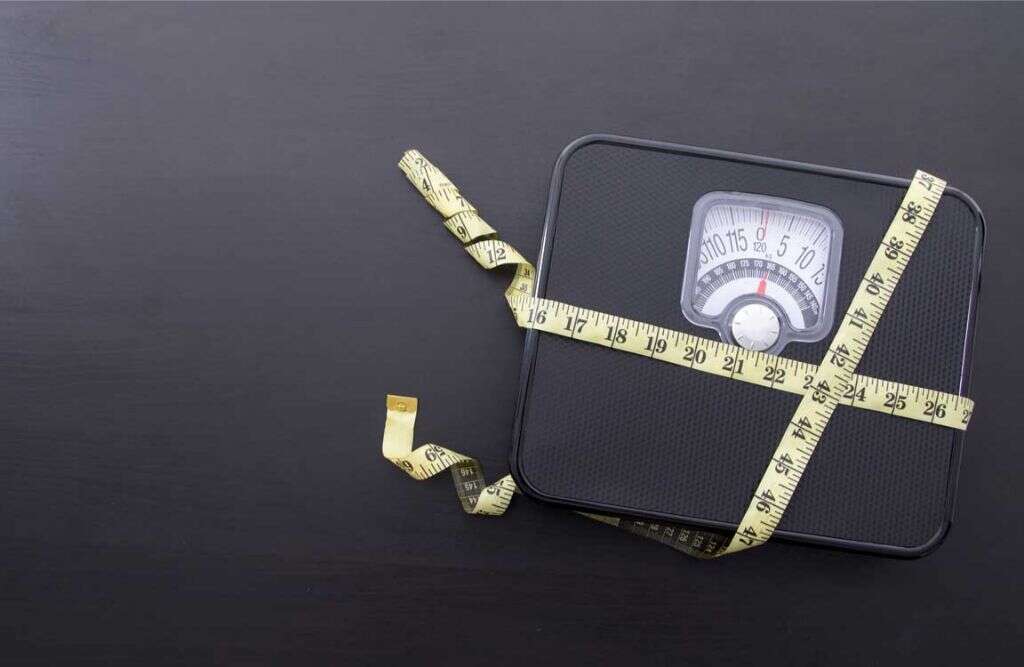
Symptom #8: Abdominal Pain
Up to 20% of patients suffering from rectal cancer may experience abdominal pain. It is described as a colic type of pain that comes and goes. It may be accompanied by other related symptoms as bloating.
If you are experiencing this symptom in association with other symptoms related to rectal cancer, you should seek medical attention for proper diagnosis.
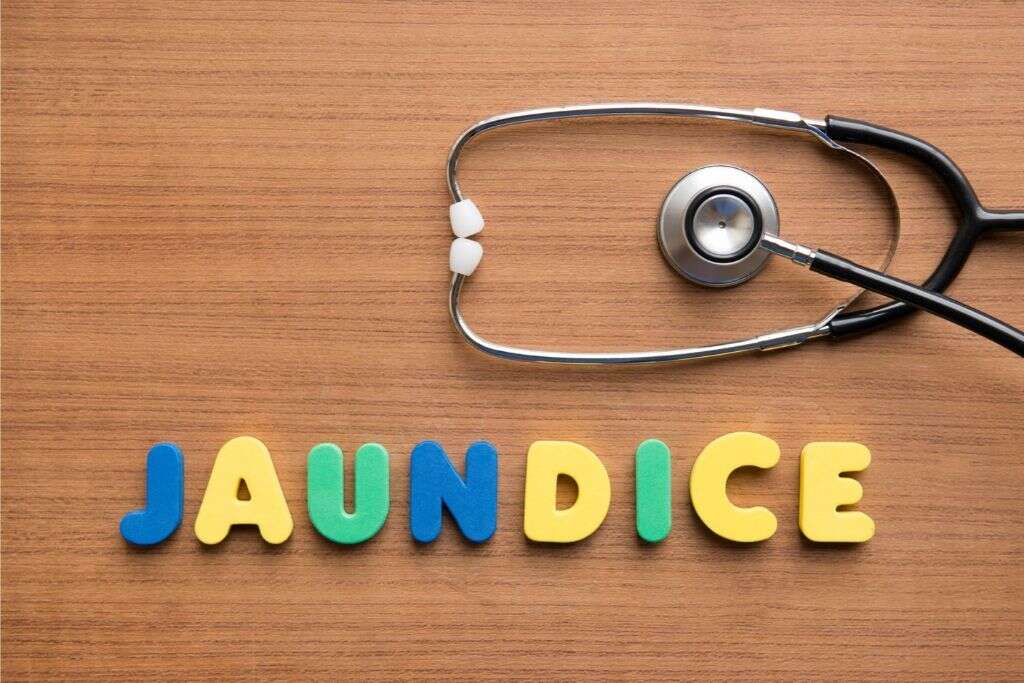
Symptom #9: Nausea
When we are ill, nausea is often not far behind. In fact, nausea is sometimes the first indicator that we are sick at all. There are countless different ailments that can cause it and it can make the illness very unpleasant to put up with. It is a symptom that patients with rectal cancer are likely to experience.
Generally being unwell and changes to the body caused by the cancer will likely lead to the patient feeling nauseous. There is also medication to take into account that can make the symptom worse. Nausea will also often lead to vomiting, and this can add to problems such as weight loss and fatigue.

Symptom #10: Pallor
Patients suffering from rectal cancer may develop anemia due to the constant loss of blood in their stools. The rectal bleeding can be noticeable by the patient but sometimes, it can be hidden (occult inside the feces).
One of the main symptoms related to anemia is the pale color of the skin and the mucosae, especially in the mouth and eyes.




